Why Do Most Video Game Movies Suck?
Let’s get one thing straight: there aren’t many great video game films out there. Now, what I’m not saying is that films based on games can’t do well at the box office. That misconception has been thoroughly blown out of the water, with Paramount’s Sonic the Hedgehog making bank on opening weekend. I’m definitely not saying that video game films cannot be fun or wildly entertaining, both ironically and unironically. Personally, I found 1997’s Mortal Kombat: Annihilation to be a rip-roaring, cheesy good time. There are even times when some video game films come close to being true achievements in cinematic storytelling. Unfortunately, a good majority of video game based films out there haven’t exactly blown us away in the quality department. They’ve either come off as poorly-made, bastardized shells of their source material or complete bloated messes stuffed with incoherent plots and rushed characterization.
Will this forever be the fate of video game films? Are films like Angry Birds, Detective Pikachu and Sonic a sign of things to come? Are video game films capable of rising above their shameful past to reach for new heights? We’re here to answer those questions and more as we dive into the heart of why most video game films suck!
*Note that we will not be taking into account films like Wreck-It Ralph and Pixels, seeing that their plots and central characters are not based on any existing gaming property.*
Payoff Over Plot
No studio ever sets out to create a video game film with the intent of alienating its gamer fanbase. If anything, quite a number of them go above and beyond to pay as many visual homages to the original game as possible. One prominent example would be 2016’s Assassin’s Creed. A film that had a ton of callbacks to the games. It had Michael Fassbender’s Callum being kidnapped and forced to enter into the Animus to access the memories of his ancestors, like the protagonist of the first three Assassin’s Creed games, Desmond Miles.
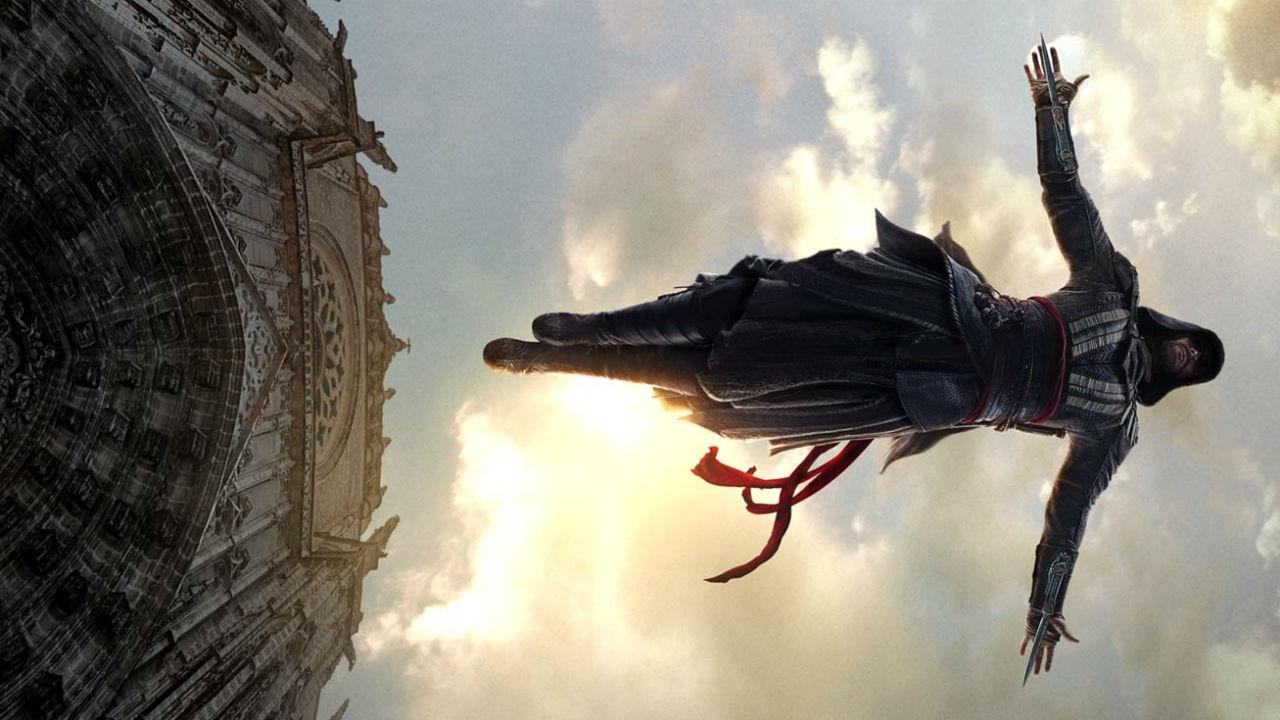
Callum has a secret helper within the organization that kidnapped him, with Marion Cotillard’s Dr Sofia Rikkin. This is meant to invoke the familiar relationship between Desmond Miles and his sympathetic Abstergo captor, Lucy Stillman. The film even pays homage to Ubisoft’s signature tower scaling “Leap of Faith” mechanic with Callum’s ancestor, Aguilar de Nerha literally leaping off a high tower in the exact same way.
There was one just one problem with the film: Desmond Miles was never a very interesting character by himself. Only after his multiple episodes through the Animus and our many hours forced to play as him do we find him endearing. So, of course, to try to cram a whole Desmond Miles story with Callum as a stand-in and hope that the audience will empathize with him wouldn’t work.
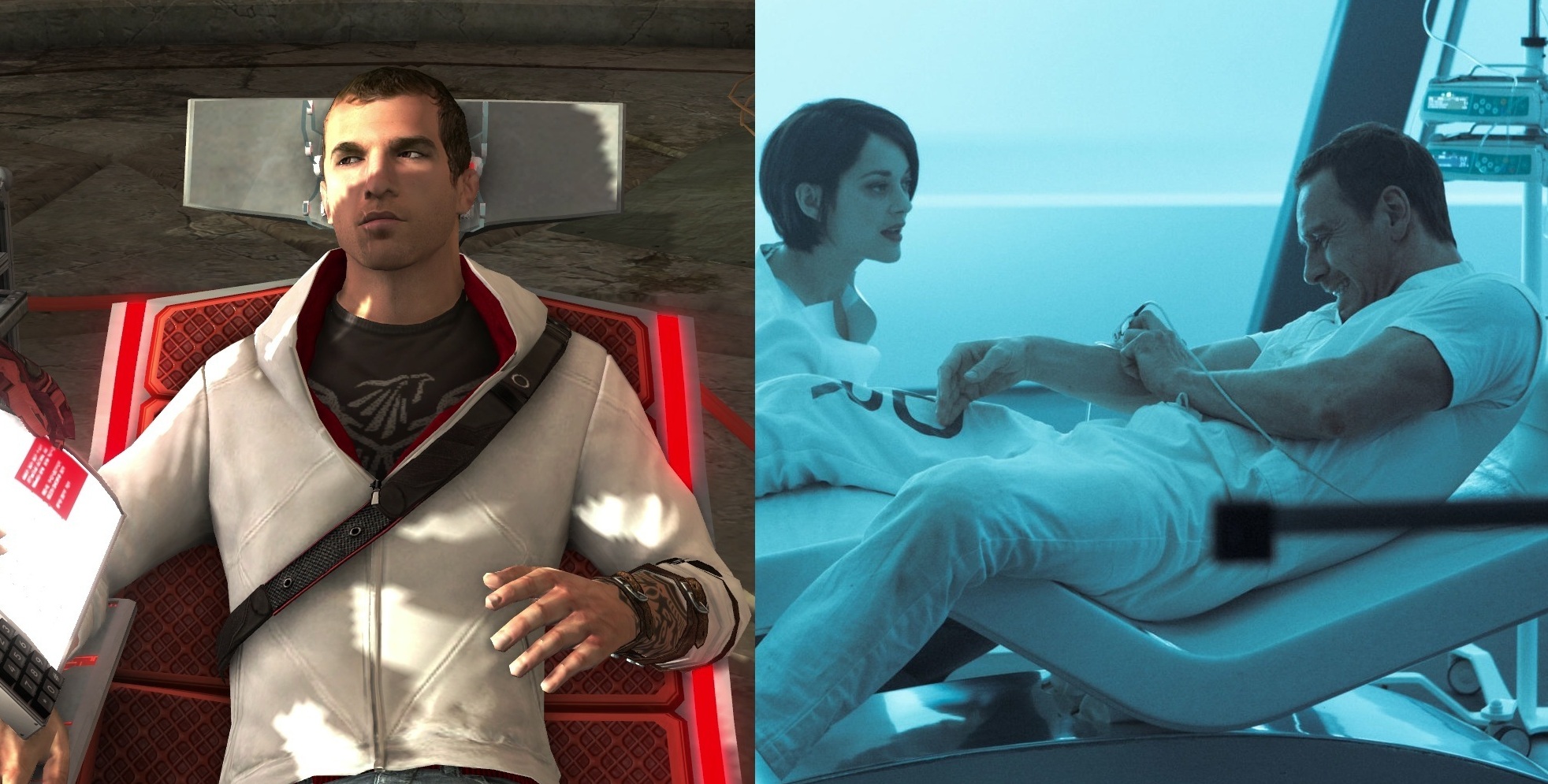
If someone told me that they had tried to fit the entirety of the first game’s arc into a film shy of 2 hours, I would have asked them if they were mad! It’s simply impossible to expect a single film to do justice to an 8 to 16-hour long story campaign. It doesn’t matter how “faithful” you’re trying to be to your source material’s narrative. The main issue with the film was that it attempted to flesh out the layered and nuanced concepts of the games’ Templar-Assassin conflict, how Abstergo uses the Animus and the power of the pieces of Eden at the expense of Callum’s personal growth.
You need to create a compelling character worthy of emotional investment before throwing every piece of lore and the kitchen sink at the audience. To the average, uninitiated viewer, this all comes off as incoherent and boring. Some fans may get a kick out of it while others (including myself) may simply find this a redundant and sad rehash.
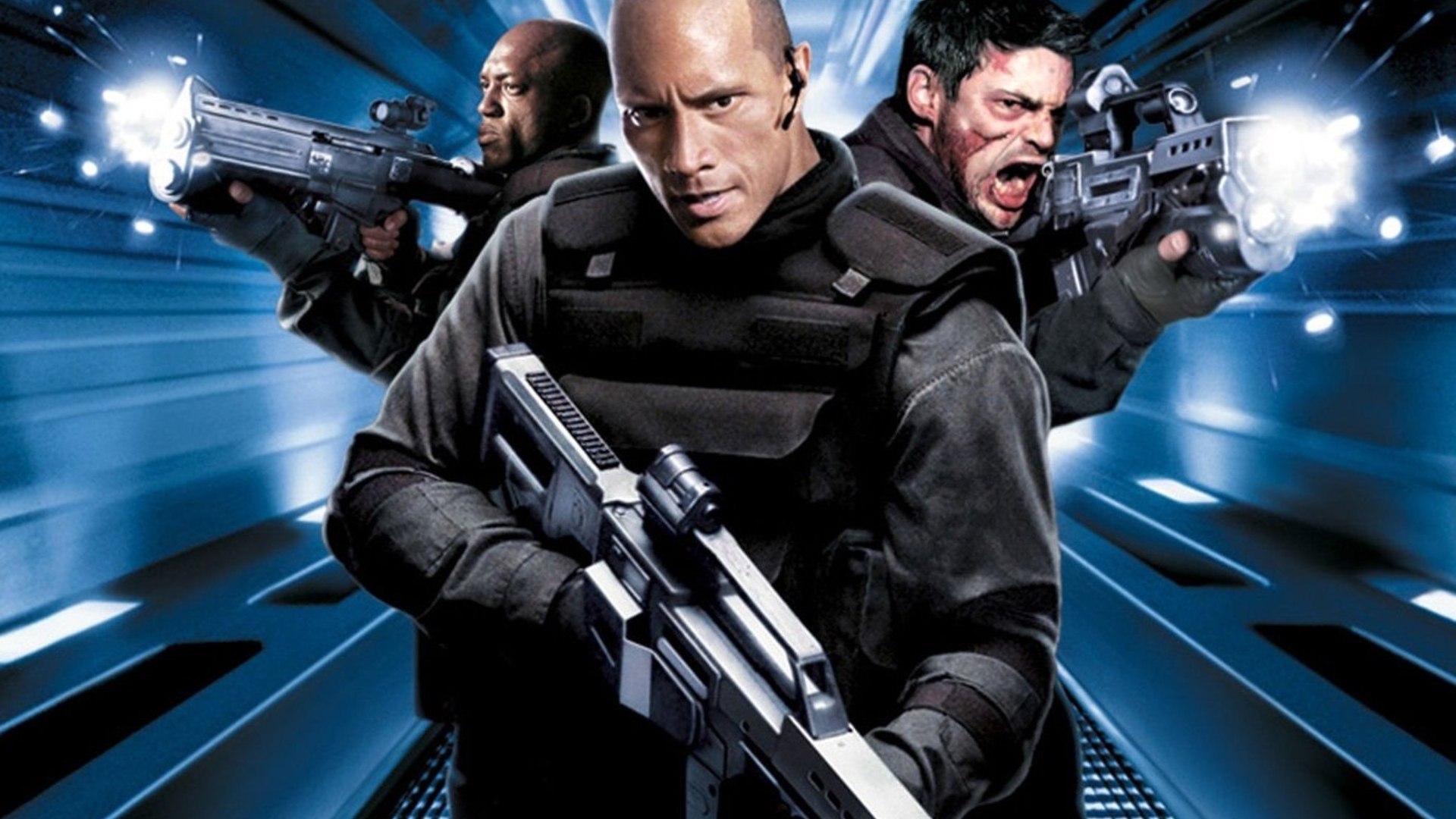
This problem isn’t exclusive to 20th Century Fox’s Assassin’s Creed film. It’s found in like films like 2005’s Doom starring Dwayne “The Rock Johnson”. A film that forsook the simplicity of the game’s corridor shooter horror premise for too much exposition and not enough gory goods.
The characters that were in the film were two-dimensional dummies waiting to get splattered, except for the Rock. Then there’s Fox’s bland adaptation of Max Payne in 2008 with Mark Wahlberg’s Max having all the intrigue of a wooden plank. Sure it had Max’s tragic past and there were some moments of excitement with the game’s famous slow-mo sequences making its way into the film. Unfortunately, Max Payne was plagued by weak, underdeveloped characterization!
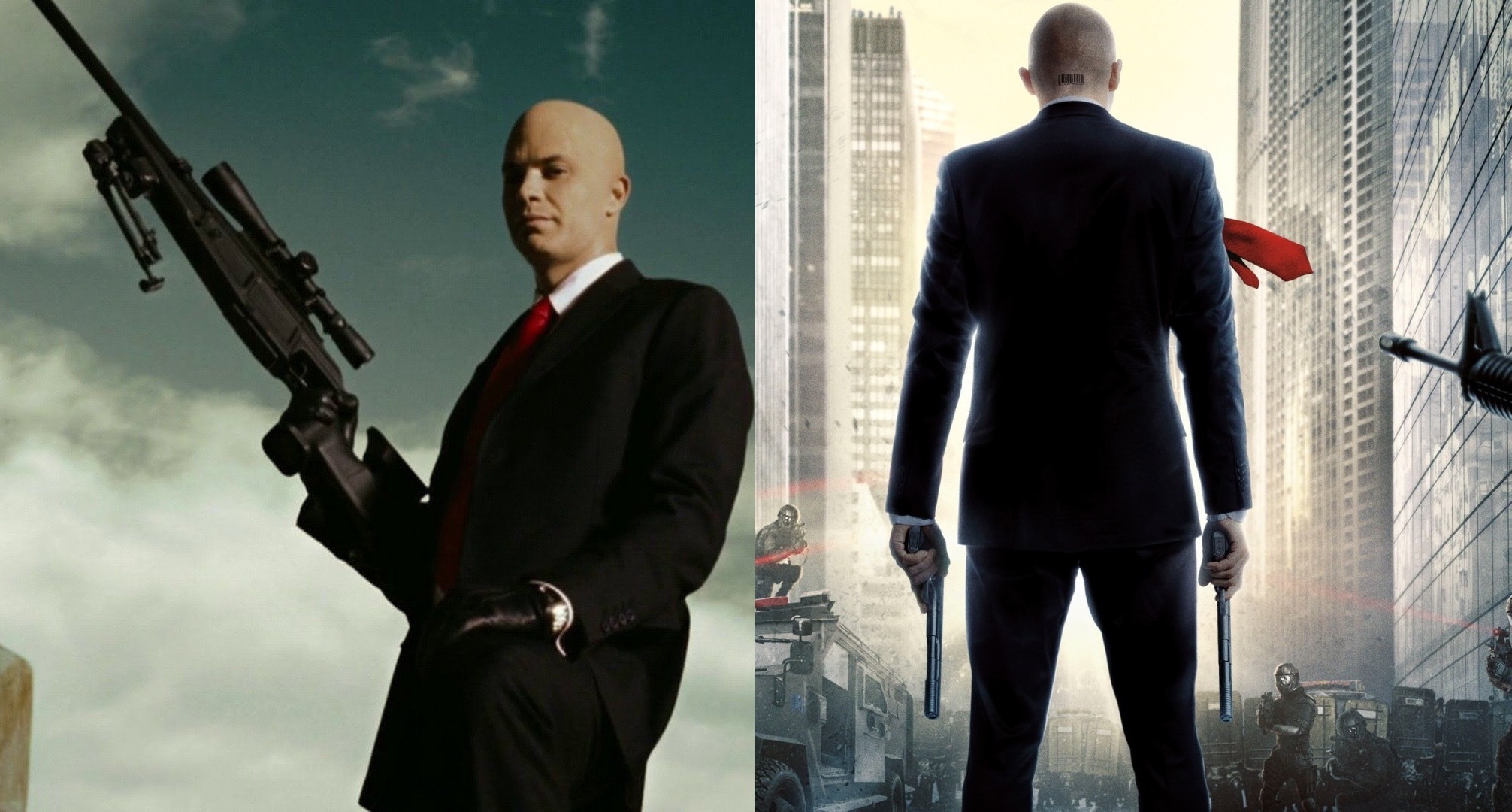
And of course, who could forget Fox’s attempts (yes, plural) at bringing the Hitman games to the cinema with that dreary, edgy dribble that was 2007’s Hitman and that unrealistic, flashy mess with 2015’s Hitman: Agent 47? The answer: everyone. It’s safe to say, Fox has been a major contributor to the negative perception of video game films. Still, I have to admit, that they were at the very least trying to stay true to the premise of the original games. There’s a whole other approach out there though that does the exact opposite. It has yielded mixed results.
Playing Out and For the Box
Some films, on the other hand, acknowledge their limitations and do not attempt to cover the width and breadth of a single game’s campaign story. Instead, they have chosen to create their own unique narratives loosely based on the premise of the video games being adapted. This method has at times produced video game films of slightly better calibre. Films like Detective Pikachu and Sonic the Hedgehog have forgone their cartoonish roots for live-action parodies of their original properties.
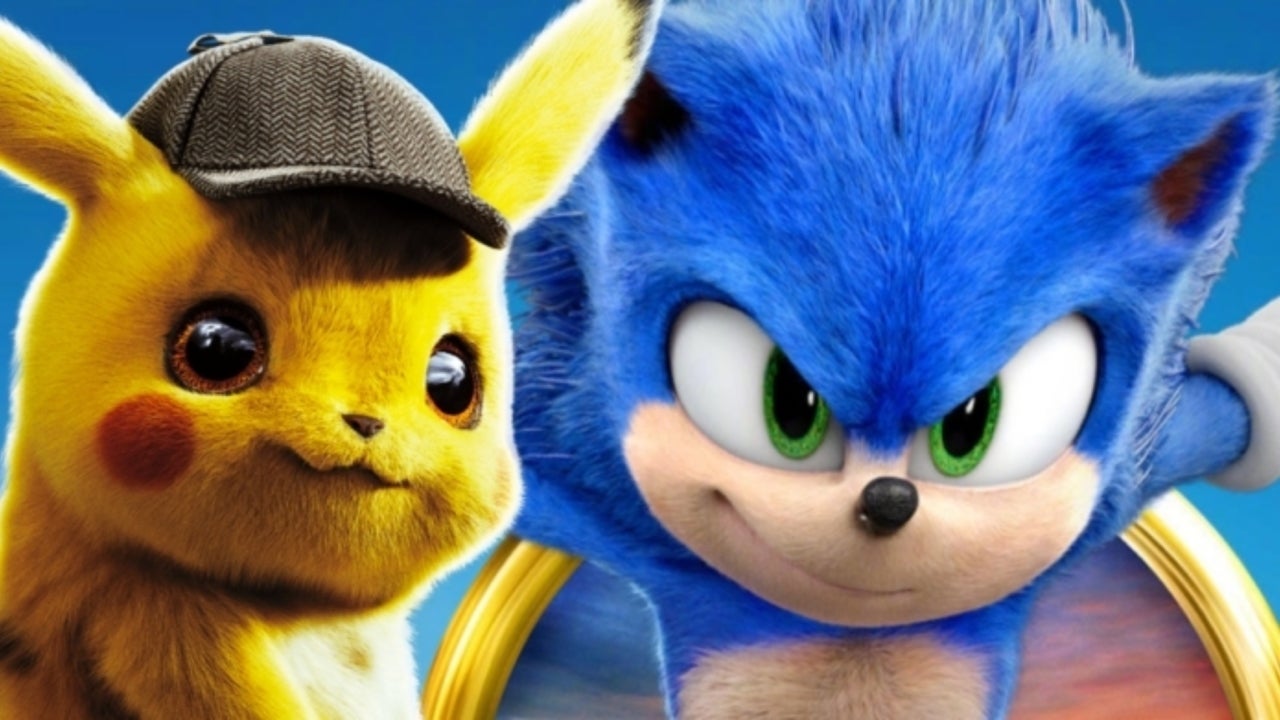
With greater creative liberties, these films have managed to both celebrate and poke fun at their characters and video game mechanics. Do any of these films have anything meaningful to say about our furry heroes or their underlying beliefs or even the world they inhabit? No, not at all. So while these films don’t necessarily suck, they aren’t exactly great cases for the cultural relevance of video game films in wider cinematic canon.
It should be noted however that films like Sonic and Detective Pikachu are the exception, not the rule. Most of the time, studios simply pick up video game properties with barebone stories so that they could fill in the gaps with their own generic plots. To ensure that these films have enough marketability, studios hire big-name actors with hopes that audiences will bite. The two most recent examples being 2014’s Need for Speed film and 2018’s Rampage. Need for Speed tried to capitalize off the prestige of Breaking Bad actor Aaron Paul, right after the series’ amazing finale in 2013.
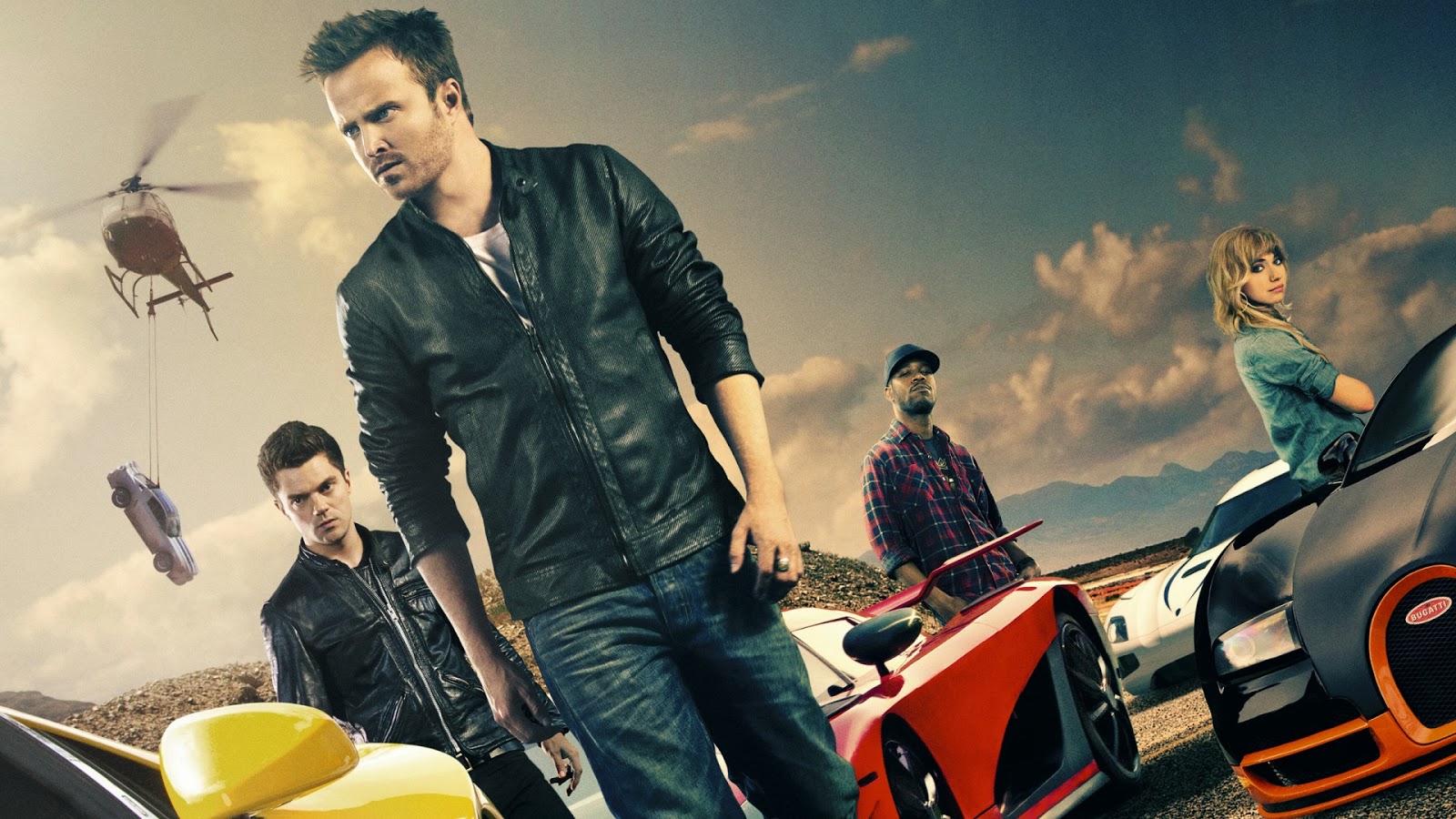
‘The film was ultimately a dull, cliche mess about an average joe with dreams who rises to the top of the racing sphere, mixes with a bad ground and has to save his girl. Need for Speed is a woefully pathetic, cynical attempt on the part of Walt Disney Studios to try to craft a successful video game film based on brand and name recognition alone. Sure, the film made back nearly three times its budget but it’s still a soulless exercise in corporate greed. Even the race scenes, arguably what should be the most exciting thing about the film, were painfully uninspiring. The first time I saw Disney’s Need for Speed, it gave me PTSD to back when the studio tried adapting Prince of Persia: Sands of Time with Jake Gyllenhaal as the lead in 2010.
Then…there was Rampage. A film based on a 1986 arcade game that saw players take on the roles of either a giant ape, wolf monster or lizard creature tearing up various cities. Somehow in their teeny weeny hack brains, the execs over at Warner Bros. Picture thought this to be a novel enough concept to create an entire bloody film over. Shoot me, shoot me right between the eyes!
The film is essentially a poor man’s Mighty Joe Young starring Dwayne “the Rock” Johnson (you hack) as the perfectly likeable, grounded ex-military man turned friend to wildlife, Davis Okoye. When a genetic experiment goes wrong and his albino monkey friend alongside some other animals turn big and run loose, it’s up to Okoye to bring them all in and save the city.
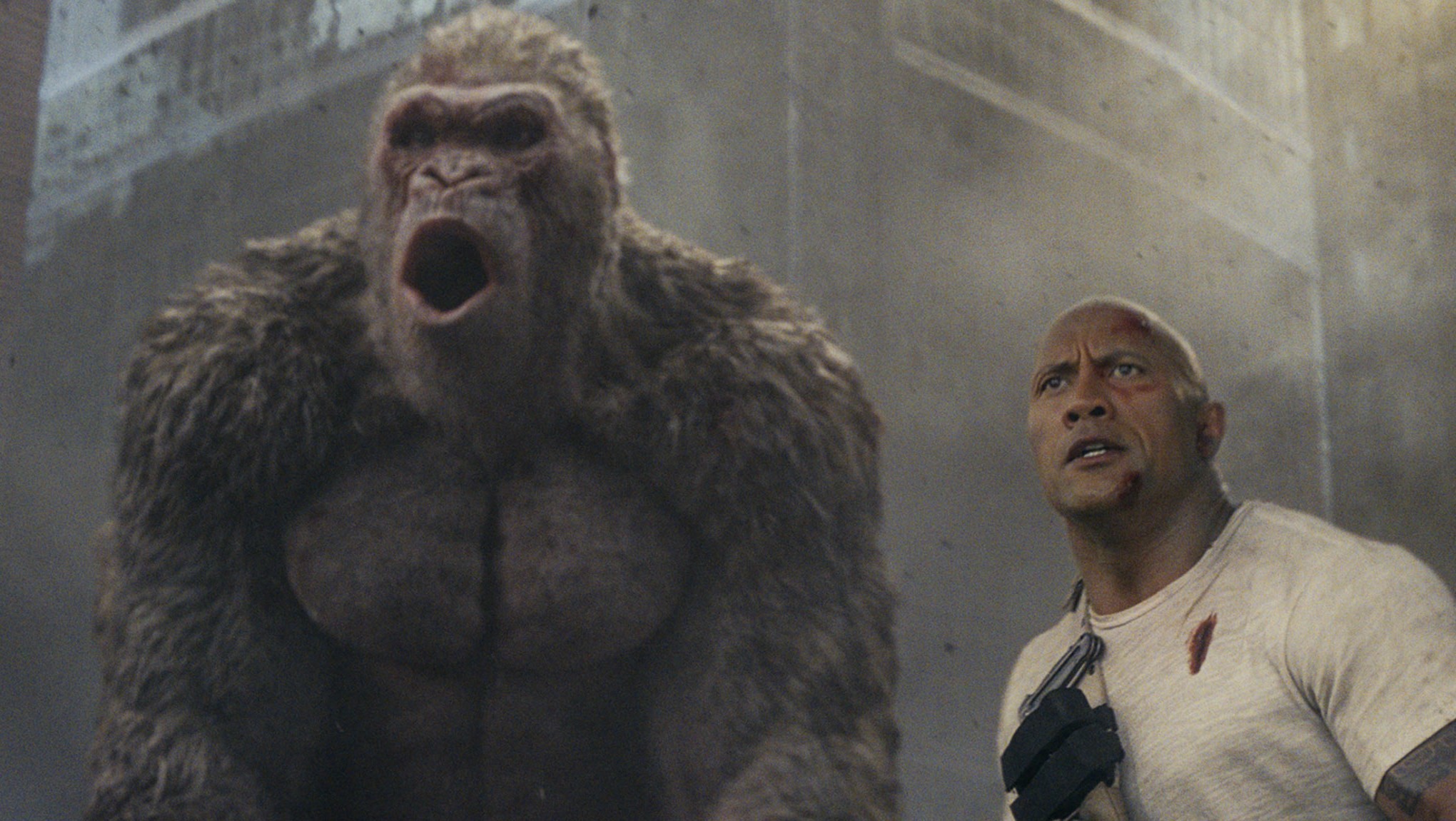
I am willing to bet my left kidney that if the Rock was not in Rampage, not a single solitary crap would have been given over the film. Unsurprisingly, the film’s box office showed a return of four times its budget. Films like Rampage and Need for Speed are setting unhealthy precedence for the video game film genre. It shows that studios do not have to take the time to honour or understand the properties they’re adapting. As long as they can slap on a prominent celebrity or play up gamer sentiments, people will eat it up. It’s frankly a sad state of affairs that I do not foresee changing anytime soon because of the box office results that prove these models to be profitable.
Regardless of whether it’s Detective Pikachu or Rampage, these films fail to present a compelling argument on why video game films should be taken seriously. Especially when they’re set up to be either harmless fun for kids or mediocre shlock for adults.
Hope for the Future
That being said, I wouldn’t necessarily say that the future of video game film adaptations is doomed to be forever relegated to the bargain bin corner post-release. No, there’s still time to turn it all around and the means to do it can be found in another form of video game media adaptation, Netflix TV series. Right now on the streaming service, you can catch two phenomenal shows based on video games, Castlevania and The Witcher.
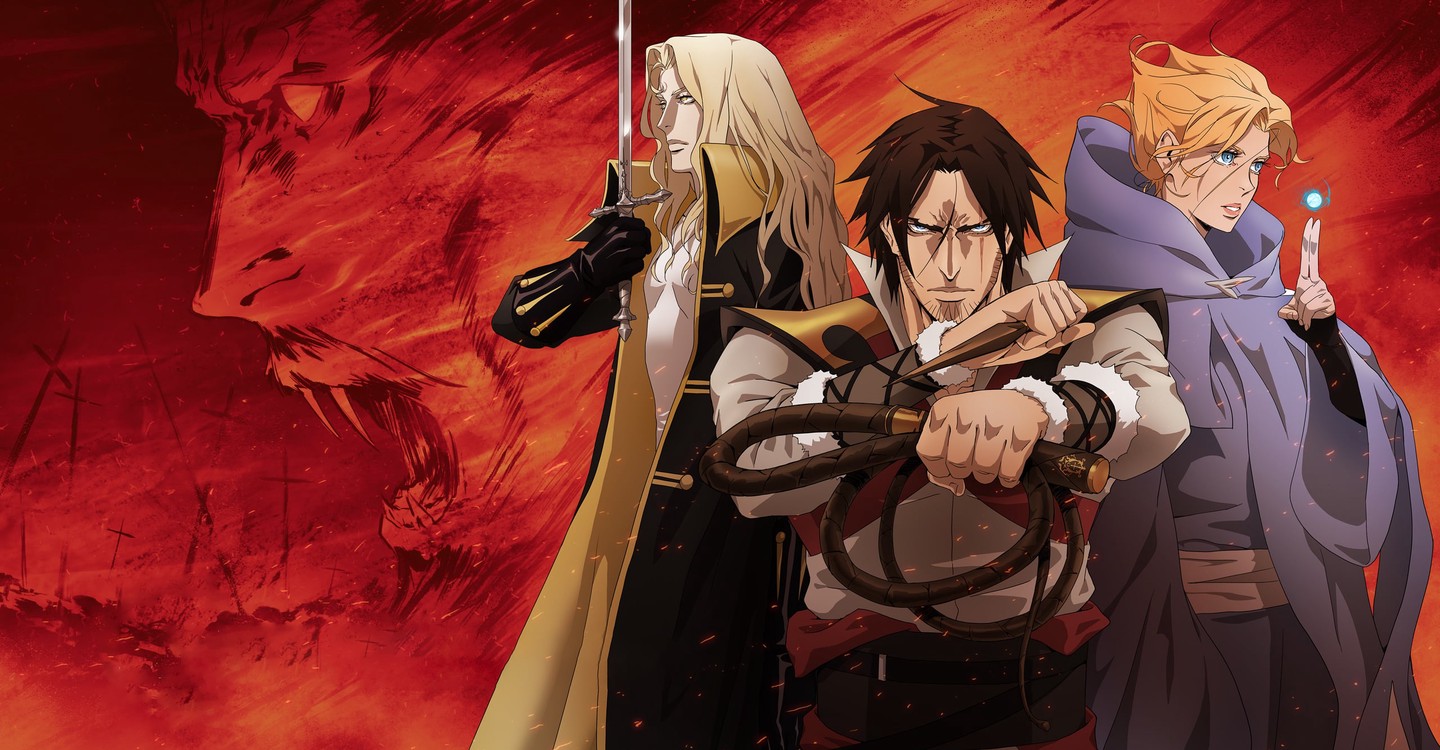
In two seasons, Castlevania has set the standard for what action-orientated adult animated shows should look like. It has stunning battle sequences and gorgeously grim visuals to boast. Fully realized characters from the games with interesting personalities and histories. Everyone from the enigmatic dhampir Alucard to the troubled, rogue hunter, Trevor Belmont to the plucky and sweet wizard Sypha have exactly chemistry with one another. Of course, none could possibly outshine the infamous and theatrical Dracula himself, who stole single damn scene he was in. The story of Dracula’s dark crusade against humanity is told at a pace that feels brisk but never rushed with time for character development that never feels overindulgent or petty.
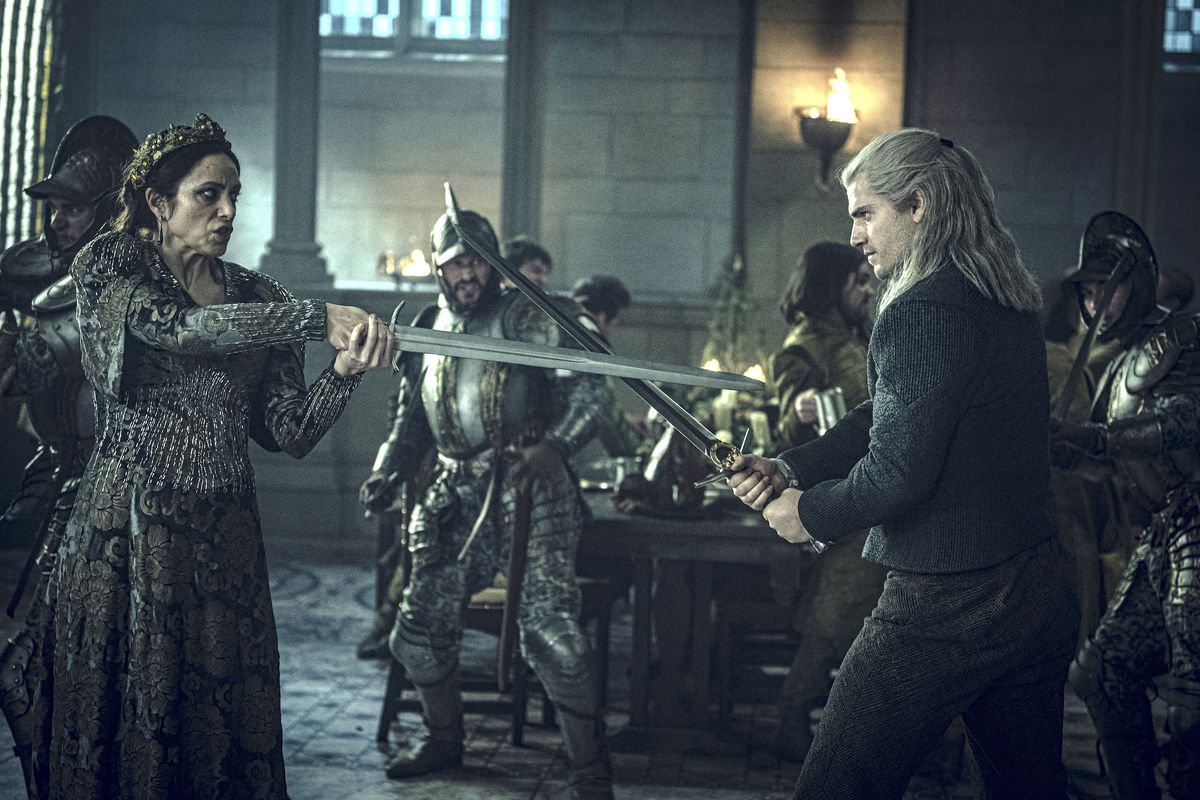
The Witcher too found similar success with a powerhouse performance by Henry Cavill as the show’s main protagonist, Geralt of Rivia. I’ve covered in the past why Netflix’s The Witcher has the potential to be the next great fantasy series and I stand by those words. The Witcher’s mature approach to magic as both a destabilizing element in inter-kingdom politics and the show’s uncompromising views on fantasy has shown that there’s more to video games than meets the eye. In spite of what critics had to say about the series, the show was greeted with open arms by both fans of the game and new viewers alike.
Right, so why exactly are video game TV series seeing more success in terms of quality compared to their cinematic brethren? I believe the answer to this question lies in the format of the TV series. Unlike films, TV series aren’t constrained to 2 to 3-hour runtimes. They are able to take their time to flesh out each act or character subplot within the game. They also allow viewers to consume each episode and narrative thread at their own pace, making it a more pleasant and relaxed experience.
Perhaps instead of trying to adapt an entire story campaign from a game or run the risk of isolating fans by creating whole new plots, studios can take a page from Netflix. They could split the acts of each game single-player campaign and make them into separate films. Imagine how much better the Assassin’s Creed film would have been if it solely focused on the past with Fassbender’s Assassin Aguilar and his war with the Templars.
We wouldn’t have to deal with the whiplash of jumping back and forth between the past and present. Near the end of the film, they could reveal to the audience that the entirety of the film took place in Aguilar’s future descendant’s memories in the Animus. It would have left us on a neat cliffhanger with plenty of room to explore Callum in the next film.
Believe or not, there was a time when the comic book film industry went through a similar dilemma. They were either horribly misrepresented as cheesy action films or children’s entertainment. Currently, it’s a multibillion-dollar industry with a wondrous diversity of films that range from family fun to arthouse experimentation. I truly believe that if film studios can pick up a thing or two from Netflix’s success, we could see a golden age of video game-based films. A day when most video game films do not suck.
The post Why Do Most Video Game Movies Suck? appeared first on Lowyat.NET.
from Lowyat.NET https://ift.tt/2v2Bh7Y
Labels: Lowyat
0 Comments:
Post a Comment
Subscribe to Post Comments [Atom]
<< Home